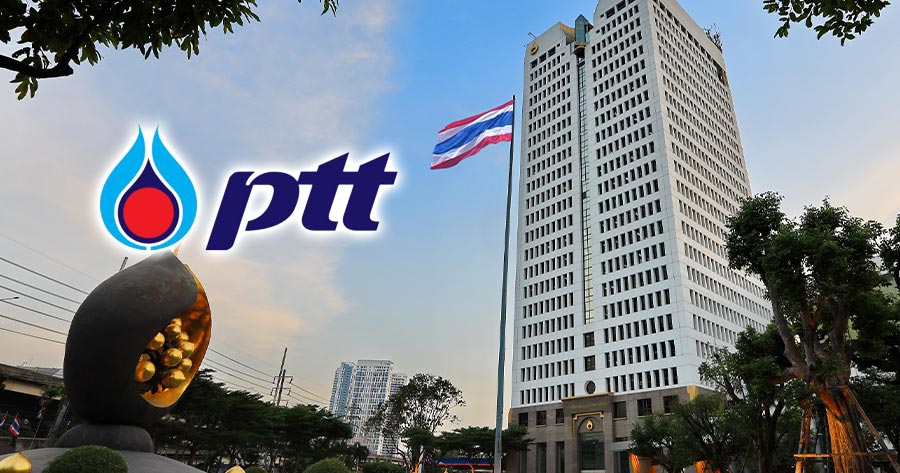CGS International Securities (Thailand) (CGSI) reiterates its neutral view on Thailand’s oil and gas sector, but points out that in a potential move that PTT divests stakes in its flagship companies to oil & gas companies outside Thailand, it will become more difficult for the government to intervene on prices or oil margins.
The paper was published a day after PTT’s CEO, Mr. Kongkrapan Intarajang, announced that it is seeking new partners for its petrochemical and refinery arm, while expecting to maintain majority stakes in those units. The divestment could include PTT Global Chemical, Thai Oil and IRPC.
According to an analysis by CGSI, divesting stakes in flagship companies to oil & gas firms outside Thailand by PTT could be a strategic move that makes it harder for the Thai government to control prices or oil margins against market dynamics for diesel and gasoline. However, factors such as the timing of divestment, potential undervaluation of assets, and impending regulations from the Ministry of Energy could pose challenges.
CGSI highlighted concerns about the timing of divestment vis-à-vis new regulatory measures that could restrict refining or oil margins. This uncertainty may dampen interest from international oil & gas giants.
The plan for asset divestment is still in early phases, awaiting further assessment. Despite potential benefits from partnering with foreign entities, there is a possibility of selling assets below their net asset value due to market conditions and performance issues.
The research firm maintained a Neutral stance on Thailand’s oil & gas sector, citing regulatory uncertainties that could counterbalance expected improvements in refining margins by 2025-2026. CGSI favored PTTEP as a top choice within the sector. Upside risks include a surge in oil demand, while downside risks encompass government interference in local fuel prices.




